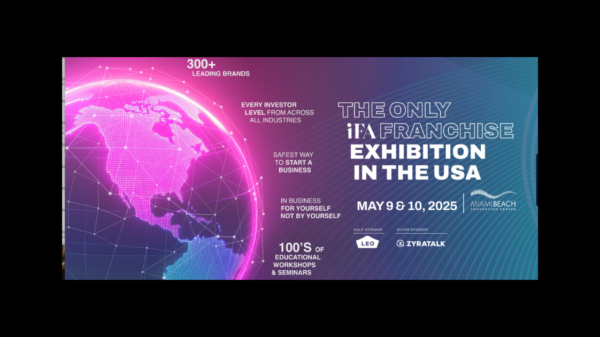Employers have described Genz Z workers as lazy and unprofessional. Results from recent studies reveal evidence to support those negative stereotypes.
Human Resource platform Gusto says Gen Z workers between the ages of 25 and 34 are taking advantage of paid sick time. Gusto analyzed information from over 300,000 businesses and found a 42% rise since 2019 in the number of these taking off for sick time.
Dayforce, another HR company, said its numbers saw a higher increase, with around 55% of Gen Z workers taking off from sick time during the same period.
In 2023, Resume Builder surveyed managers and business leaders, and 74% said Gen Z workers were the most challenging to work with.
This year, Resume Genius published a report in which 625 U.S. hiring managers were asked which generation was the most challenging to work with.
Almost half (45%) of HR managers said Gen Z was the most challenging generation to work with, and Gen Z hiring managers said the same thing.
Baby Boomer workers were also surveyed and were critical of their Gen Z colleagues. Boomers said that younger Gen Z workers didn’t want to comply with the company work rules and demands, seemed lazy regarding work etiquette, and were not reliable or flexible with work requirements.
Companies are struggling to operate as Gen Z enters the workforce at higher rates, and a growing majority of employers say the younger generation is toxic to their business.
In their survey, job connector group RedBalloon found that 68% of small business owners said Gen Zers were the “least reliable” of all their employees.
“One of the surveyed employers spoke of Gen Z’s “absolute delusion, complete lack of common sense, and zero critical reasoning or basic analytical skills,” said RedBalloon.
The number also showed most believes that Gen Z employees were the most likely to create division and toxicity in the workplace.
RedBalloon said the toxicity could even lead to company lawsuits, as 57% said Gen Z run the most risk of creating a workplace lawsuit.























